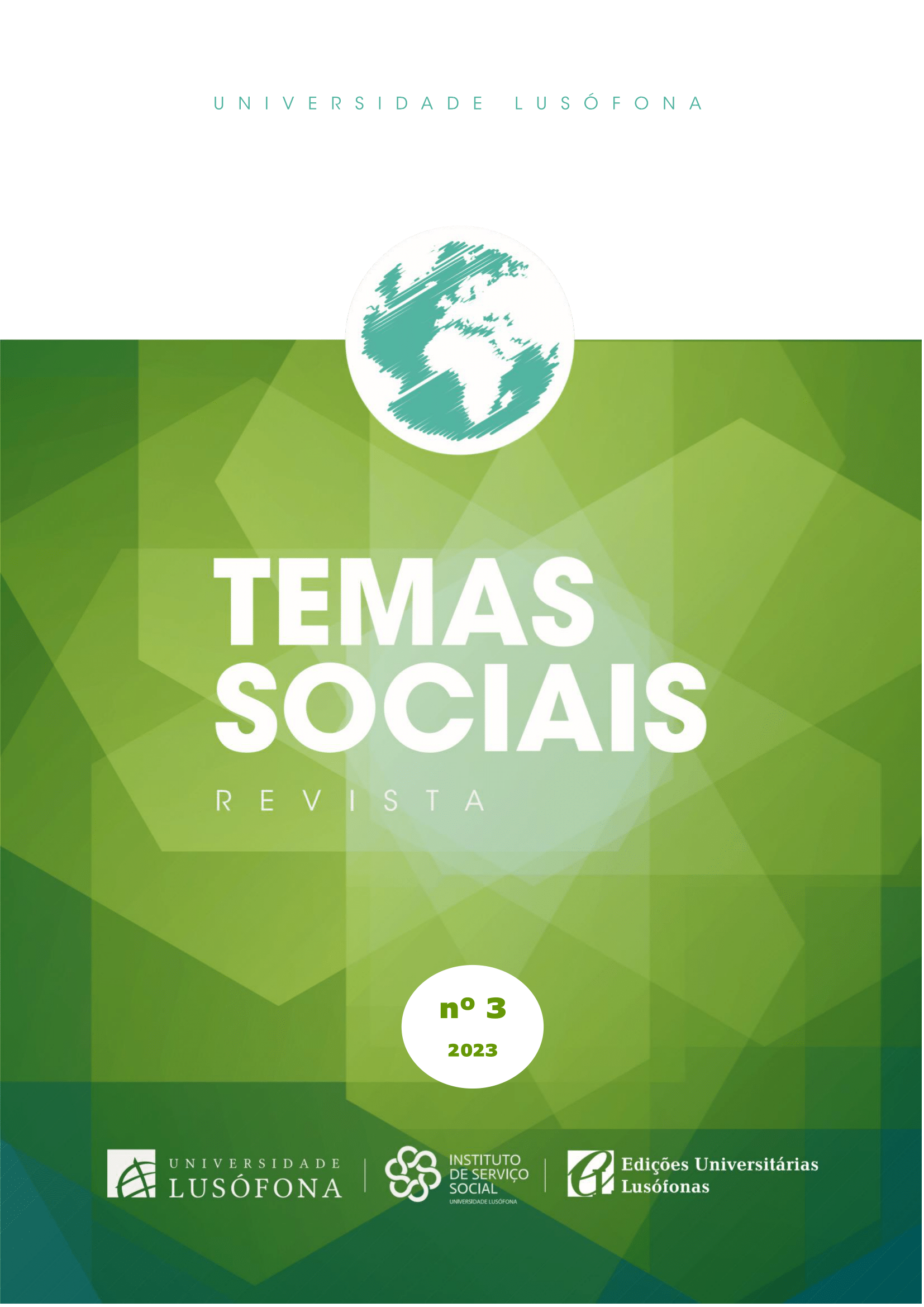O homem vítima de violência doméstica: Perspetiva da vítima e do técnico especializado
https://doi.org/10.53809/TS_ISS_2022_n.3_99-112
Abstract
This article presents a study that sought to socio-affectively characterize the male victim
of domestic violence in shelter situations in Portugal and to identify the perception of the
Victim Support Technician (TAV) when confronted with domestic violence against men.
We used a qualitative-quantitative methodological approach, using different instruments
for data collection, the semi-structured interview and the questionnaire survey. The
sample comprises two groups, eight male victims of domestic violence, in shelter, in the
“Casa Abrigo para Homens” and 30 TAV from APAV. Some of the most relevant results
obtained show that most men who are victims of domestic violence have some type of
physical fragility, show a lot of resistance to reporting, and the feeling of fear, humiliation
and shame persist in most cases. The characterization and profile of these victims in the national context proved to be still unknown, namely by the technicians specialized in the
matter. The supports available to this male victim are not equivalent to those available to
women.
Downloads
Open Access Policy:
The Journal facilitates free, open and immediate access to its contents to foster the exchange of knowledge at a global level.
By submitting their work, the author(s) authorise the publication and dissemination of their work and are responsible for its content.
Code of Ethics:
The Journal is a digital tool that enables the dissemination of knowledge in a globalised society where technology, communication and information occupy a prominent place. The publication promotes equal opportunities facilitated by knowledge. To this end, the Journal is committed to the content it publishes, adopting a code of ethics based on the following principles:
1. The texts received must be original, by the author(s) alone and unpublished, i.e. they must not have been previously published, broadcast or sent to another publication.
2. Authors are responsible for requesting any authorisations necessary to publish their texts, with the respective reference to the sources consulted.
3. That organisation must authorise work funded by an organisation to disseminate the results.
4. the plagiarism detection tool in force will review all work received at Universidade Lusófona - Centro Universitário de Lisboa.
5. The articles received will be evaluated by two experts in the field, guaranteeing the anonymity of the author(s) and the evaluators.
6. Papers involving people as the research subject must obtain informed consent from all of them, with strict respect for the confidentiality of personal data and, if necessary, the decision of the Ethics Committee.
7. The list of authors should only include those who contributed intellectually to the work, i.e., who designed and carried out the research, wrote up and analysed the results and approved the final version of the text.



